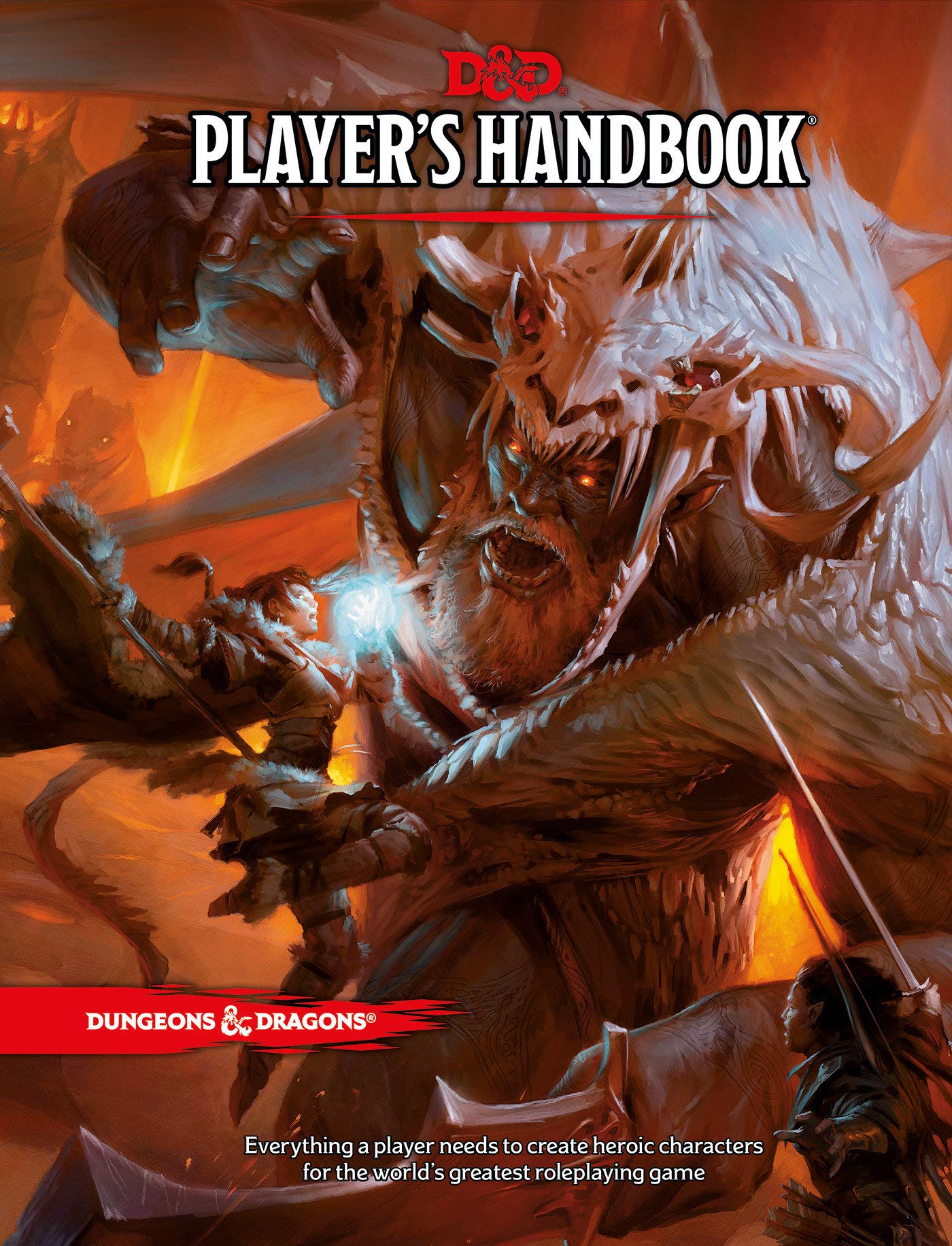Rules
Now, yes, on the previous page I said a big drawing point of D&D is freedom to choose, and that always remains true. However, there are still rules to the game, if there weren't it'd be chaos and that's no fun, unless, after all, your DM decides they want to play as such.
So, first thing that should be know, the "rules" are more guidlines, to quote Pirates of the Caribbean. The DM is pretty much the end all be all, even he/she has freedom when it comes to the rules, they are the one running the game. But, there are some core rules I find should not be changed.
Combat System
Without going far to much into detail, the Combat System in D&D is simple. I'ts a form of turn-based combat. Dice are rolled at the beginning of an encounter to determine the order of combat. Each person then is free to do whatever they want during their turn, only limited by movement speed (the amount of distance a character can cover) and the amount of actions they have. I'm not gonna go into actions because it definitely can get confusing, but suffice it to say it's the number of things a character can do during their turn. This pattern continues until the encounter ends, usually when the last enemy is defeated.
The reason this shouldn't be changed comes from the fact I've seen it attempted before. At first it seemed like it was working, but it became less and less stable as the other players and I tried to do more complex things, which it did not support. It ended up causing a lot of issues in the campaign and, ultimately, played a part in ending it pre-maturely. The most that someone should do to the combat is keep the base, but maybe add to it, providing more options for the players.
Balancing
This one is a bit less sturdy, as it can be tweaked and bent, but ultimately it should remain in place for the most part. There are certain checks and balances in place that keep things from being overpowered in D&D. I'll go more in detail in the "Getting Started" page, but certain classes have things they can and can't do. For example, a Fighter can't use a lot of magic, and likewise, a Wizard is not an ideal melee class. This is to stop a single character from being able to practically destroy everything they come across, which isn't very fun.
Now, say a DM wanted their players to feel overpowered as way to keep them engaged. This is completely doable, the DM has a few optons, but I'll go over two. Either they make enemies weaker, or they make their players stronger. In a case that uses the latter, a DM can give a fighter a few spells they can use, maybe have them focus on casting the spells on their weapon or something; but a fighter should never have access to a whole book of spells.

Class Abilities
Now, this one I'm guilty of wanting to change a bit myself, but after many attempts, I've come to realize it's much harder than it sounds. To begin, each class comes with certain abilities they unlock when they reach a higher level. Sometimes it's an increase to a stat, other times it's an entirely new thing their character "learned" how to do from experience. The hardest one to change and balance is the latter. See, a class (and any sub-classes for it) go through rather long periods of "work in progress" before they are determined balanced. Even then, sometimes they're not allowed in official events because they're not as balanced as the others. Below this text is an example of the level-up chart of a basic Fighter, where it lists "Martial Archetype" is what I'm talking about. Whenever it mentions this, for a Fighter, it's referencing whatever sub-class you chose at 3rd level. These specific abilities, at most, should only be tweaked, but rarely completely done away with or substituted.
| Level | Proficiency Bonus | Feature 1 | Feature 2 |
|---|---|---|---|
| 1st | +2 | Fighting Style | Second Wind |
| 2nd | +2 | Action Surge (One Use per Long Rest) | N/A |
| 3rd | +2 | Martial Archetype | N/A |
| 4th | +2 | Ability Score Improvement | N/A |